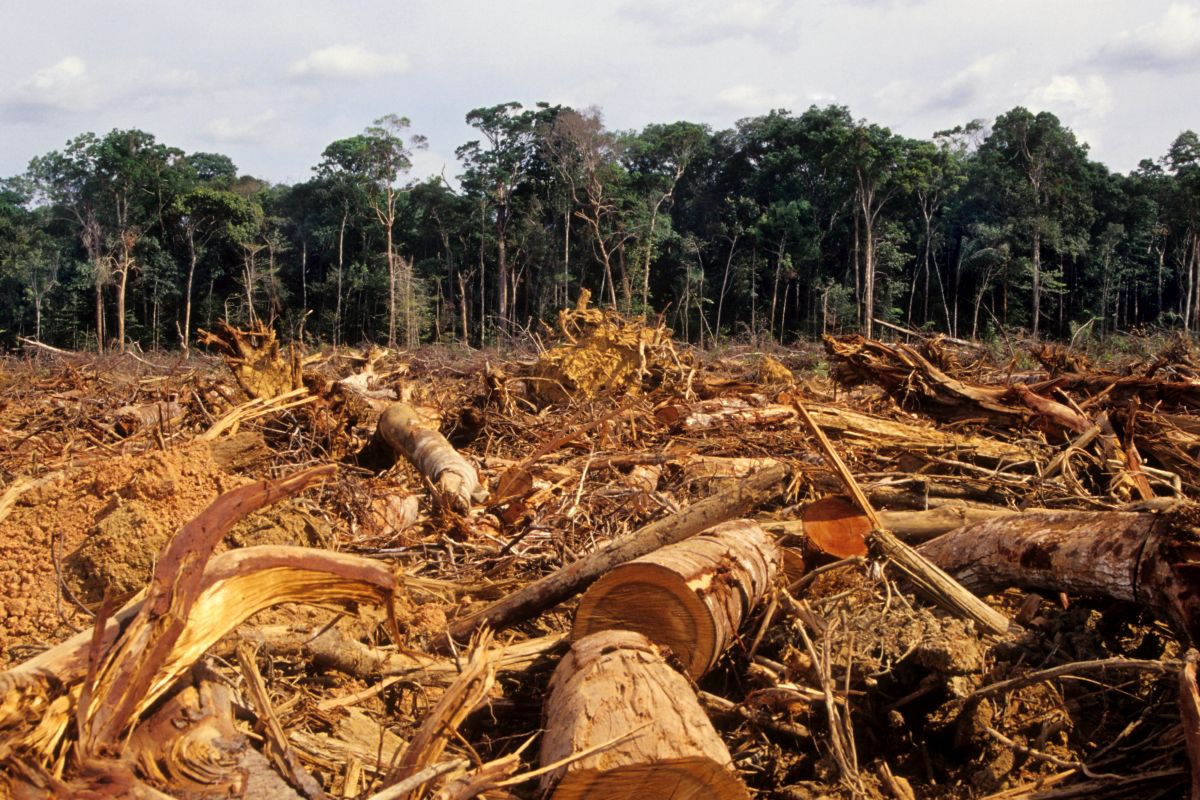Leaders of more than 100 countries representing over 85 per cent of the world’s forests will commit to end deforestation by 2030 under the Glasgow Leaders’ Declaration on Forest and Land Use at the 26th UN Climate Change Conference of the Parties (COP26) in Glasgow on Tuesday, the UK prime minister’s office said in a press release.
On Tuesday, the prime minister of the United Kingdom will host a COP26 Forests and Land Use event at the COP26 summit, held from October 31 to November 12 to bring parties together to accelerate action towards the goals of the Paris Agreement and the UN Framework Convention on Climate Change.
Advertisement
“In the biggest step forward in protecting the world’s forests in a generation, more than 100 leaders will commit to halt and reverse forest loss and land degradation by 2030 at an event convened by the Prime Minister at COP26 today. The pledge is backed by almost £14 billion ($19.2 billion) in public and private funding,” the press release said.
The statement from the conference’s host added that “countries spanning from the northern forests of Canada and Russia to the tropical rainforests of Brazil, Colombia, Indonesia and the Democratic Republic of the Congo will endorse the Glasgow Leaders’ Declaration on Forest and Land Use,” noting that these countries represent 85% of the world’s forests.
Halting and reversing deforestation is “one of the most important things the world can do to limit catastrophic global warming, since “23 per cent of global emissions come from land-use activity, such as logging, deforestation, and farming,” according to the press release.
Land clearance has accelerated in recent years as soy, cocoa and palm oil producers expand export markets. Industrial development is largely suspected to be behind wildfires that destroyed swathes of the Amazon rainforest in Brazil between 2019 and August of this year.
